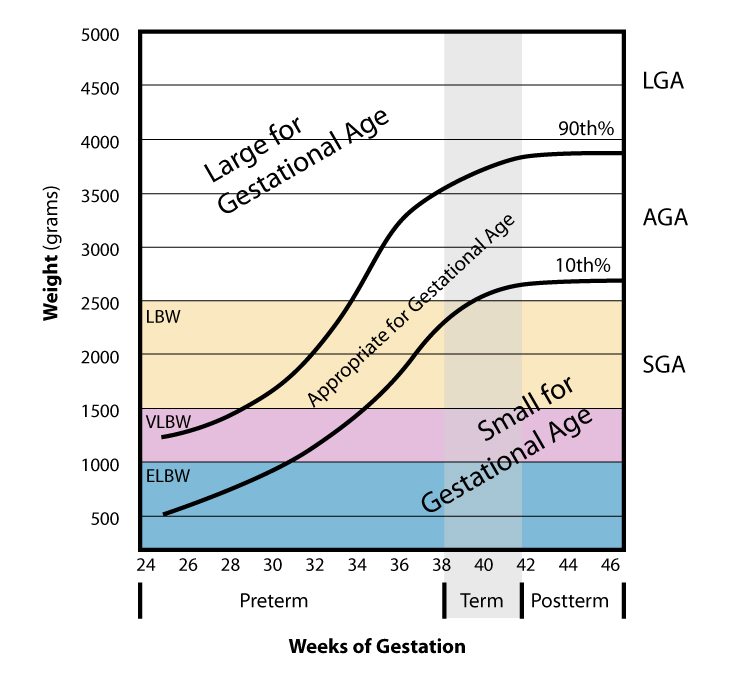The Age of Aquarius has captivated the imagination of mystics, astrologers, and spiritual seekers alike. This notion signifies not merely a chronological period but a profound metamorphosis in societal ethos and collective consciousness. Within the Bahá’í teachings, this era is seen as both a promise of illumination and the embodiment of divine guidance, beckoning humanity toward a higher station of unity and understanding.
To comprehend the Age of Aquarius, it is essential to delve into the astrological implications intertwined with spiritual evolution. In astrology, each age lasts roughly 2,000 years and signals transformative shifts in human activity and consciousness. Traditionally, the Age of Pisces—characterized by duality, sacrifice, and an emphasis on external worship—has dominated. Consequently, the transition into the Age of Aquarius heralds the emergence of themes such as individuality, innovation, and collective consciousness.
From a Bahá’í perspective, this shift is more than mere astrological change; it represents the fulfillment of prophetic promises made by the divine. The teachings of Bahá’u’lláh illuminate the notion of progressive revelation, suggesting that each era brings forth new spiritual truths pertinent to humanity’s growth. This framework posits that the Age of Aquarius signifies an awakening, urging humanity to transcend its divisive tendencies and embrace a more unified existence.
The transition from Pisces to Aquarius also invites an exploration of the deeper philosophical constructs that govern societal interactions. As we engage with these teachings, we find that the fundamental Bahá’í principles of unity, equality, and justice resonate profoundly with Aquarian ideals. This alignment serves as a clarion call for individuals to reassess their roles in a rapidly evolving world.
Within this context, the Age of Aquarius embodies an intrinsic invitation for humanity to cultivate a global perspective. This age urges individuals to envision a world characterized by inclusivity, where the distinctions that once divided societies succumb to the recognition of our shared humanity. The Bahá’í teachings assert that an understanding of this collective identity is paramount in actualizing global harmony.
Furthermore, the quest for knowledge inherent in the Age of Aquarius dovetails with Bahá’í emphasis on the pursuit of education and scientific advancement. As the world moves toward an era marked by technological prowess and information exchange, the teachings encourage the harnessing of this potential for the betterment of society. The aspiration to cultivate a well-informed public aligns seamlessly with the Aquarian ethos, which values enlightenment and innovation above all.
The significance of this astrological transition cannot be overstated. The Age of Aquarius urges a shift from entrenched paradigms to expansive, forward-thinking models of living. The Bahá’í teachings illustrate that the awareness of this epoch bestows responsibility upon individuals to initiate societal transformation. The pursuit of justice, equality, and the equitable distribution of resources become not only aspirational goals but also imperatives for all who inhabit this planet.
Moreover, the recognition of interconnectedness in the Age of Aquarius invites an introspection of the very nature of existence. The Bahá’í faith emphasizes the oneness of humanity, viewing all individuals as integral threads within the tapestry of life. This holistic perspective encourages a departure from materialism and individualism and favors a communion of souls striving for a higher purpose.
In light of this paradigm shift, the teachings advocate for the fostering of universal moral principles. The cultivation of virtues such as compassion, integrity, and service to humanity become essential in this new age. As the collective consciousness expands, the responsibility lies with individuals to embody these ideals, thereby effecting personal and societal transformation.
The Age of Aquarius also presents an intriguing juxtaposition between tradition and modernity. While Bahá’í teachings are grounded in established spiritual truths, they concurrently urge an embrace of change and evolution. The cosmopolitan nature of Aquarian energy facilitates a dialogue between ancient wisdom and contemporary thought, allowing individuals to forge a path that honors the past while enthusiastically embracing the future.
Indeed, the Age of Aquarius encourages each individual to transcend preconceived notions and cultivate a spirit of inquiry—a hallmark of the Bahá’í teachings. This age is not merely a passive experience; it is an exhilarating journey of self-discovery and self-realization. As individuals engage in this transformative process, they inherently contribute to a broader societal renaissance. They become, in essence, co-creators of a world reflecting the aspirational values intrinsic to both Bahá’í teachings and Aquarian prospects.
In conclusion, the Age of Aquarius emerges as a multifaceted phenomenon, embodying spiritual, philosophical, and societal transformations. It serves as a bridge between the prophetic vision espoused by Bahá’u’lláh and the profound realities of contemporary existence. This era calls individuals to embrace their roles as catalysts for change, inspiring a collective movement toward unity, equity, and enlightenment. As we collectively navigate this pivotal transition, the teachings of the Bahá’í faith stand as both a guide and a beacon, illuminating the path to a harmonious existence in the dawning Age of Aquarius.
